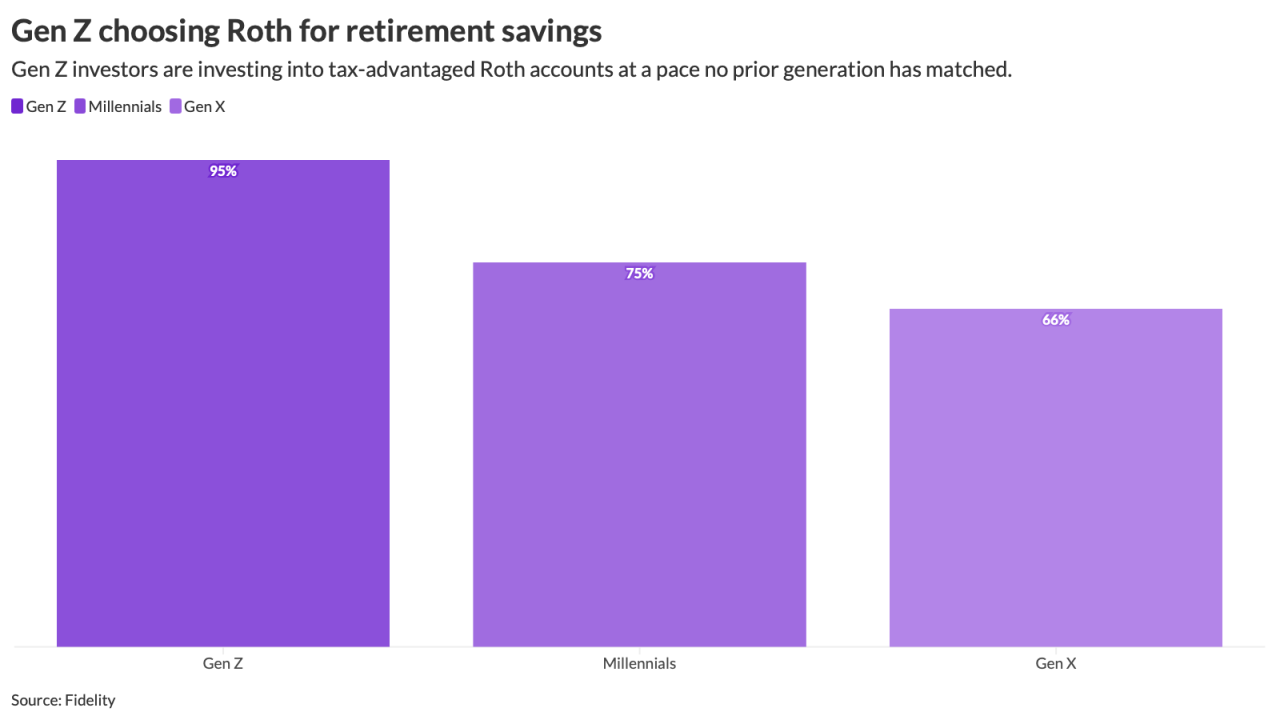Employers have done a moderately good job of addressing some of the larger, more glaring DEI issues facing their companies. But what about the ones that are less obvious?
A recent study by the Harvard Business Review found that seven in 10 workers said they would be upset by a microaggression — a statement or an action that
"The big things, most people recognize immediately. But those little things, some would characterize them as paper cuts," says Kevin Carrington, senior vice president at employee benefits consulting firm Segal. "But it's those little paper cuts that occur in the day to day interactions in the office, the ones a lot of people try to brush off as being overly sensitive, that we're reacting to all day."
Read more:
More than a quarter of Americans have experienced a microaggression at work, according to a recent survey by SurveyMonkey, and 36% have at least witnessed one. Microaggressions subtly enforce harmful stereotypes, like
Only 10% of the SurveyMonkey respondents believed that they'd personally committed a microaggression. Carrington says this could be due to the unintentional nature of the slights, though it also means these behaviors aren't always addressed by managers.
"If you don't recognize that you're doing these things, you're the one creating these minor transgressions against your peers and your direct reports," he says. "Managers have to first acknowledge what's happening around them and give employees the opportunity to speak up when these kinds of situations happen by creating an environment where it's okay to speak up without being ostracized."
It's critical employers and employees address microaggressions when they see or hear them, Carrington says. Otherwise, the results can impact DEI efforts and employee well-being: employees who experience microaggressions have high burnout and turnover rates. It stops employees from being able to
"When you think of the disenfranchising of an employee from the work they're doing, it's not the big things — no one came in and told them how terrible they are or how they should stop working because it would be better for the organization if they did," he says. "It was the little messages that they were being given consistently when they turned in work or when they brought up something in the meeting. Suddenly you have employees who are no longer contributing to the bottom line."
Read more:
But how do employers begin to fix something they can't always tell is happening? By educating themselves — and employees — on what to look for, and then
Unlike larger diversity infractions, only 9% of employees believe that perpetrators should be fired over microaggressions, meaning that with education and awareness, many believe the problem can be largely resolved.
"Changing the culture is the job of all leadership within an organization," Carrington says. "It starts at the top and it needs to cascade down and leaders need to hold each other accountable."






